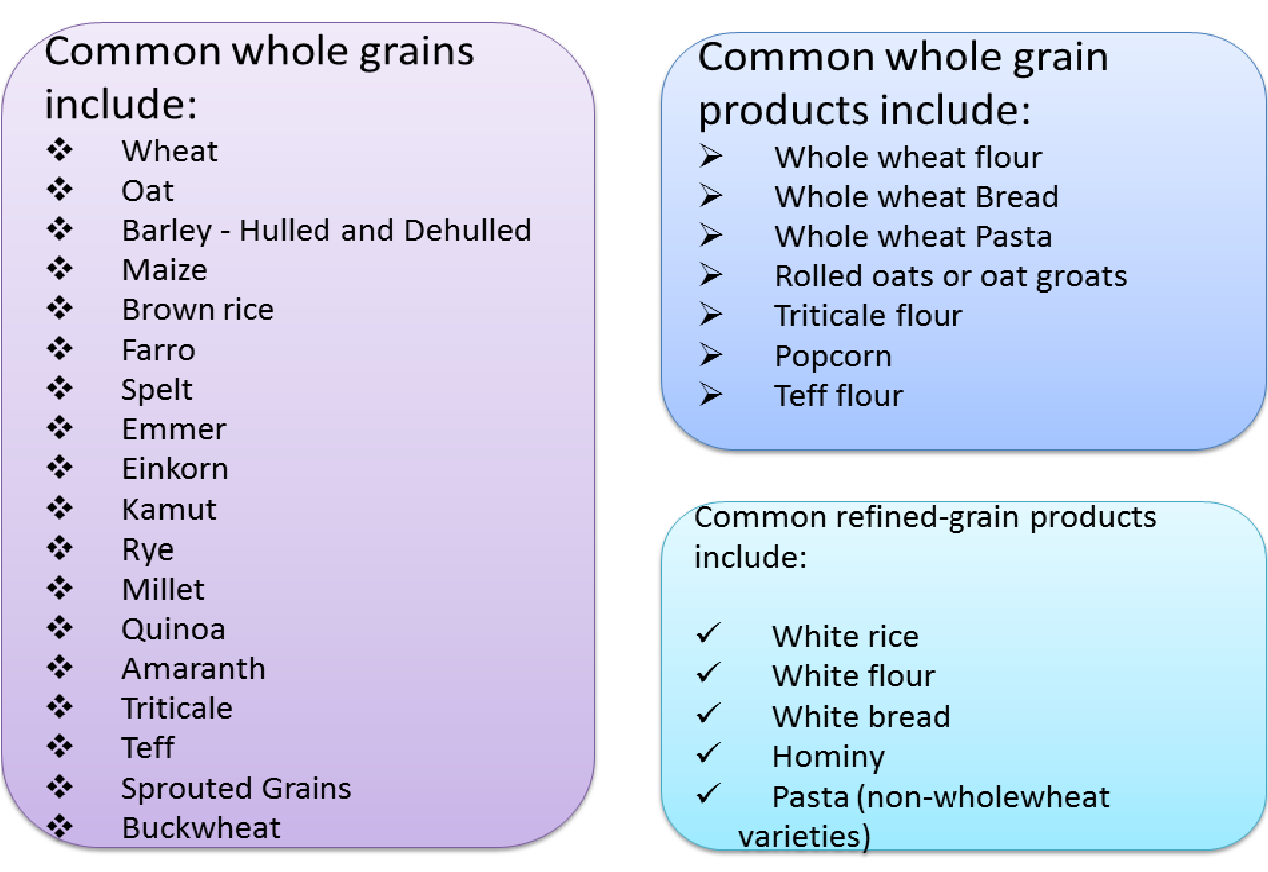Unlocking the Power of Whole Grain Cereals: Your Guide to a Healthier Breakfast and Beyond
Starting your day with a bowl of cereal is a ritual for many. But are you choosing the most nutritious option? This article delves into the world of whole grain cereals, exploring their benefits, varieties, and how they can contribute to a healthier lifestyle. From understanding what constitutes a whole grain to discovering delicious ways to incorporate them into your meals, we'll cover everything you need to know about these nutritional powerhouses.
What exactly are whole grain cereals? Unlike refined grains that have been stripped of their bran and germ, whole grains retain all three parts of the kernel: the bran, germ, and endosperm. This makes them a rich source of fiber, vitamins, minerals, and antioxidants. Choosing whole grain cereals over refined options provides a substantial nutritional boost and contributes to overall well-being.
The history of cereal grains dates back thousands of years, forming the foundation of many civilizations' diets. From ancient wheat and barley to modern-day oats and quinoa, these grains have played a crucial role in human sustenance. The importance of whole grains lies in their nutritional density. They provide sustained energy, aid in digestion, and contribute to a lower risk of chronic diseases.
One of the primary issues surrounding cereal consumption is the prevalence of highly processed, sugar-laden options. While convenient, these cereals often lack the nutritional value of their whole grain counterparts. Distinguishing between truly wholesome cereals and those masquerading as healthy choices is crucial for making informed dietary decisions.
Whole grain cereals encompass a wide variety of options, from familiar favorites like oatmeal and whole wheat flakes to more adventurous choices like spelt flakes and amaranth. Exploring the diverse world of whole grain cereals allows for a varied and exciting breakfast experience. For example, a simple bowl of oatmeal with berries and nuts provides a wholesome and satisfying start to the day, while whole grain bread offers a versatile base for sandwiches and toast.
One key benefit of consuming whole grain cereals is their high fiber content. Fiber aids in digestion, promotes regularity, and contributes to feelings of fullness, which can be beneficial for weight management. Additionally, whole grains are packed with essential vitamins and minerals, including B vitamins, iron, and magnesium, which are vital for energy production, nerve function, and bone health. Furthermore, the antioxidants present in whole grains help protect the body against cellular damage caused by free radicals.
Creating an action plan for incorporating more whole grain cereals into your diet can be simple. Start by swapping refined grain cereals for whole grain alternatives. Gradually introduce different varieties of whole grain cereals to find your favorites. Experiment with toppings like fruits, nuts, and seeds to enhance the flavor and nutritional value of your breakfast bowl.
Here are some best practices for maximizing the benefits of whole grain cereals: Read labels carefully to ensure you're choosing 100% whole grain options. Choose cereals with lower added sugar content. Pair your cereal with protein and healthy fats for a balanced and satisfying meal. Explore different cooking methods for grains like quinoa and farro to add variety to your diet. Incorporate whole grains into other meals and snacks, such as salads and soups.
Advantages and Disadvantages of Whole Grain Cereals
| Advantages | Disadvantages |
|---|---|
| High in fiber | Can be more expensive than refined grains |
| Rich in vitamins and minerals | Some individuals may experience digestive discomfort initially |
| Promotes digestive health | Some varieties may have a coarser texture |
Frequently Asked Questions:
What's the difference between whole wheat and whole grain? Are all whole grain cereals high in fiber? Can whole grain cereals help with weight loss? How do I store whole grain cereals properly? What are some good whole grain cereal brands? Are there gluten-free whole grain options? Can I eat whole grain cereals every day? What are some creative ways to use whole grain cereals beyond breakfast?
General answers provided for each question.
Tips and tricks: Experiment with different toppings to add variety and flavor. Soak grains overnight for quicker cooking and easier digestion. Add cooked grains to salads, soups, and stews for a nutritional boost. Make your own granola bars using whole grain cereals as a base.
In conclusion, choosing whole grain cereals over refined options is a simple yet powerful step towards a healthier lifestyle. From boosting your nutrient intake to supporting digestive health and reducing the risk of chronic diseases, the benefits of incorporating whole grains into your diet are undeniable. By making conscious choices and exploring the diverse world of whole grain cereals, you can unlock a wealth of nutritional benefits and enjoy a delicious and satisfying start to each day. Embrace the power of whole grains and experience the positive impact they can have on your overall well-being. Start your journey towards a healthier you by choosing whole grains today! They provide lasting energy, support digestive health, and may help reduce the risk of chronic diseases. By making the switch to whole grains, you're investing in your long-term health and well-being. So, next time you're at the grocery store, reach for the whole grain cereals and embark on a journey towards a healthier and more vibrant you.
Navigating the open road your guide to a state of oregon driver license
Decoding the mystery p0300 random misfire most common culprits
Unlocking faith through music a guide to christian songs with guitar chords














